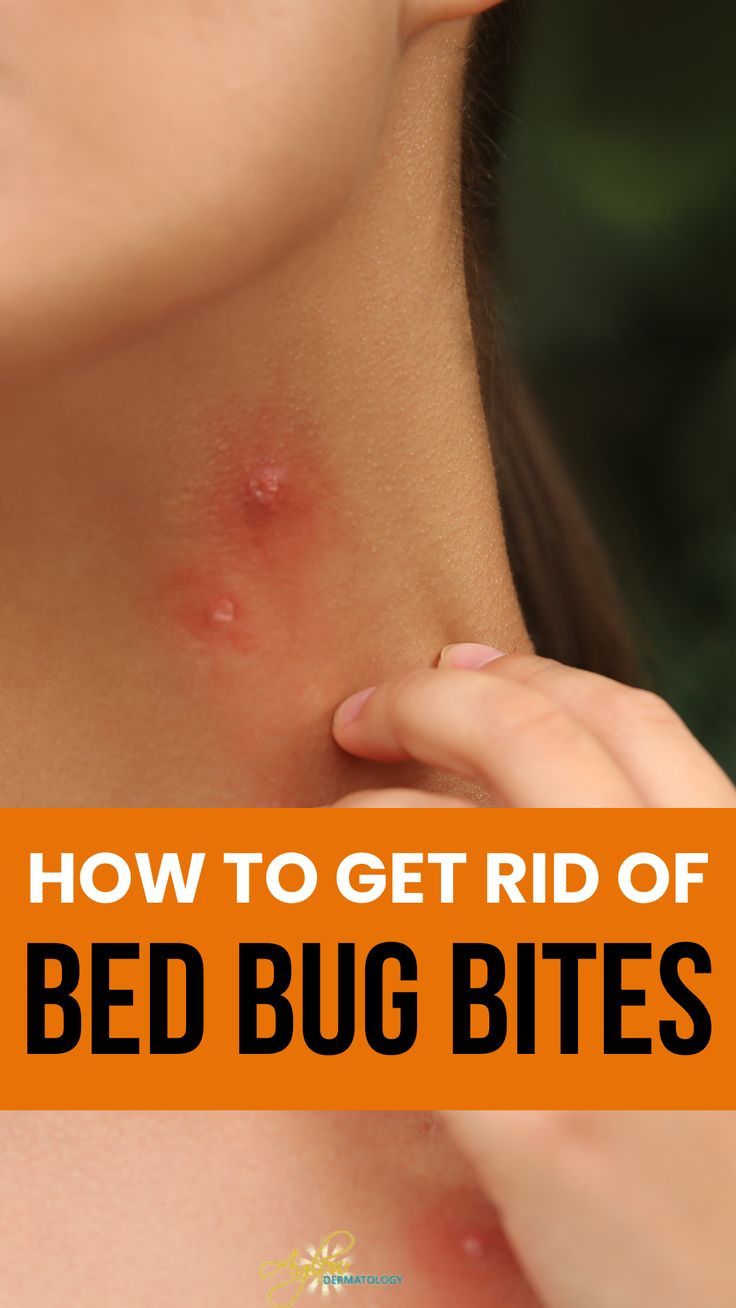ADVERTISEMENT
How to Treat Bed Bug Bites
While bed bug bites will usually heal on their own within a week or two, the itching and discomfort can be bothersome. Here are some effective methods for relieving the symptoms and speeding up the healing process:
1. Clean the Affected Area
The first step in treating bed bug bites is to thoroughly clean the affected area. Gently wash the bites with soap and water to remove any dirt, bacteria, or irritants. This can also help prevent infection if the bites have been scratched.
- How to do it: Use mild soap and lukewarm water to clean the area. Avoid hot water, as it can make itching worse.
2. Apply a Cold Compress
A cold compress or ice pack can help reduce swelling, redness, and itching associated with bed bug bites. Cold therapy constricts the blood vessels, which can help alleviate inflammation.
- How to do it: Wrap a few ice cubes or a cold gel pack in a clean cloth and apply it to the affected area for 10 to 15 minutes. Repeat as needed to relieve discomfort.
3. Use Over-the-Counter Hydrocortisone Cream
Hydrocortisone cream is an anti-inflammatory medication that can help reduce itching, swelling, and redness caused by bed bug bites. It’s available over-the-counter at most drugstores.
- How to do it: Apply a thin layer of hydrocortisone cream to the affected area as directed on the packaging. Avoid applying it to broken or scratched skin, as it may cause further irritation.
4. Take an Antihistamine
If your bed bug bites are causing significant itching, an antihistamine may help. Antihistamines block histamines in your body, which are chemicals that cause allergic reactions such as itching, redness, and swelling.
- How to do it: You can take an over-the-counter antihistamine like diphenhydramine (Benadryl) to relieve itching. Be sure to follow the dosage instructions on the label. If you’re unsure, consult with your doctor or pharmacist before using an antihistamine.
5. Apply Aloe Vera or Calamine Lotion
Aloe vera and calamine lotion are both soothing options for calming irritated skin. Aloe vera has natural anti-inflammatory properties, while calamine lotion provides a cooling effect that can reduce itching.
- How to do it: Apply a small amount of aloe vera gel or calamine lotion directly to the affected area and allow it to dry. Reapply as needed for relief.
6. Avoid Scratching
It can be tempting to scratch bed bug bites, but doing so can make the situation worse. Scratching can break the skin, leading to infection and scarring. It can also prolong the healing process and increase irritation.
- How to do it: If you’re itching, try tapping or gently rubbing the area instead of scratching. You can also try covering the bites with a bandage to prevent yourself from scratching them while you sleep.
7. Try Natural Remedies
If you prefer natural treatments, several home remedies may provide relief from bed bug bites:
- Tea Tree Oil: This essential oil has antimicrobial and anti-inflammatory properties that may help reduce redness and irritation. Dilute tea tree oil with a carrier oil, such as coconut oil, and apply it to the bites.
- Baking Soda Paste: Mix a small amount of baking soda with water to create a paste. Apply this paste to the affected area and leave it on for 10 to 15 minutes before rinsing it off. Baking soda can help reduce itching and irritation.
- Oatmeal Baths: An oatmeal bath can soothe itchy skin and reduce inflammation. Add a cup of finely ground oatmeal to a lukewarm bath and soak for 15–20 minutes.
When to Seek Medical Attention
In most cases, bed bug bites will heal on their own with proper care and attention. However, there are certain situations where you should seek medical attention:
- Infection: If the bites become infected, they may show signs of redness, warmth, or pus. If you notice these symptoms, contact a healthcare provider for advice on how to treat the infection.
- Allergic Reactions: In rare cases, some individuals may experience a severe allergic reaction to bed bug bites. Symptoms of an allergic reaction can include difficulty breathing, swelling of the lips or throat, or dizziness. If you experience these symptoms, seek immediate medical attention.
- Persistent or Severe Bites: If the bites don’t heal after a couple of weeks or if you experience more severe symptoms, consult with a healthcare professional.
How to Prevent Future Bed Bug Bites
Preventing bed bug bites is essential to avoiding future discomfort. Here are some steps you can take to keep these pesky insects at bay:
- Inspect Your Sleeping Area: Regularly check your bed, mattress, and furniture for signs of bed bugs, such as small dark spots (feces), shed exoskeletons, or live bugs.
- Wash Bedding and Clothing: Wash your bedding, linens, and clothing in hot water to kill any potential bed bugs. Dry them on high heat for 30 minutes to ensure all insects are eliminated.
- Seal Cracks and Crevices: Bed bugs can hide in small cracks and crevices. Seal any gaps in your walls, floors, or furniture to prevent them from entering your living space.
- Use Bed Bug Covers: Consider using bed bug-proof mattress and pillow covers to prevent bed bugs from making your bed their home.
Conclusion
While bed bug bites can be uncomfortable and annoying, they are generally not a serious health concern. By cleaning the affected area, using over-the-counter remedies, and avoiding scratching, you can reduce the irritation caused by bed bug bites and promote faster healing. If the bites become infected or if you experience more severe reactions, don’t hesitate to consult with a healthcare provider. To avoid future bites, take steps to prevent bed bug infestations and protect your sleeping environment.
ADVERTISEMENT
ADVERTISEMENT
